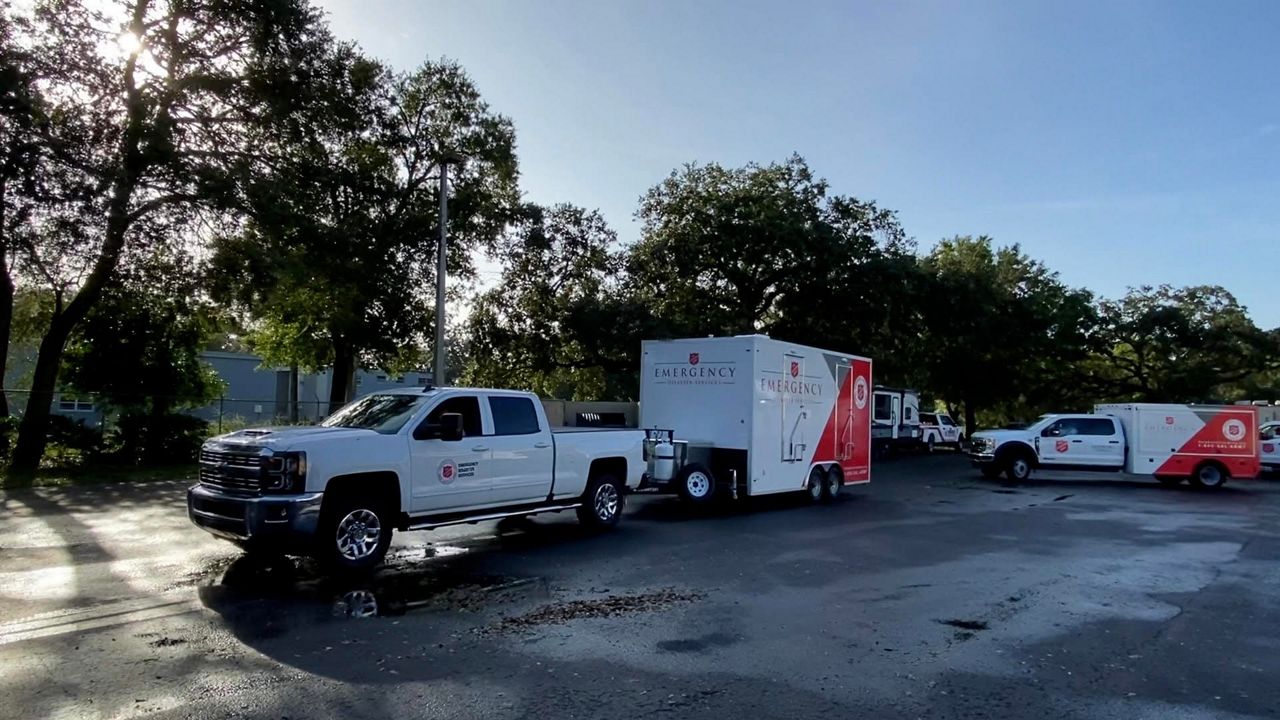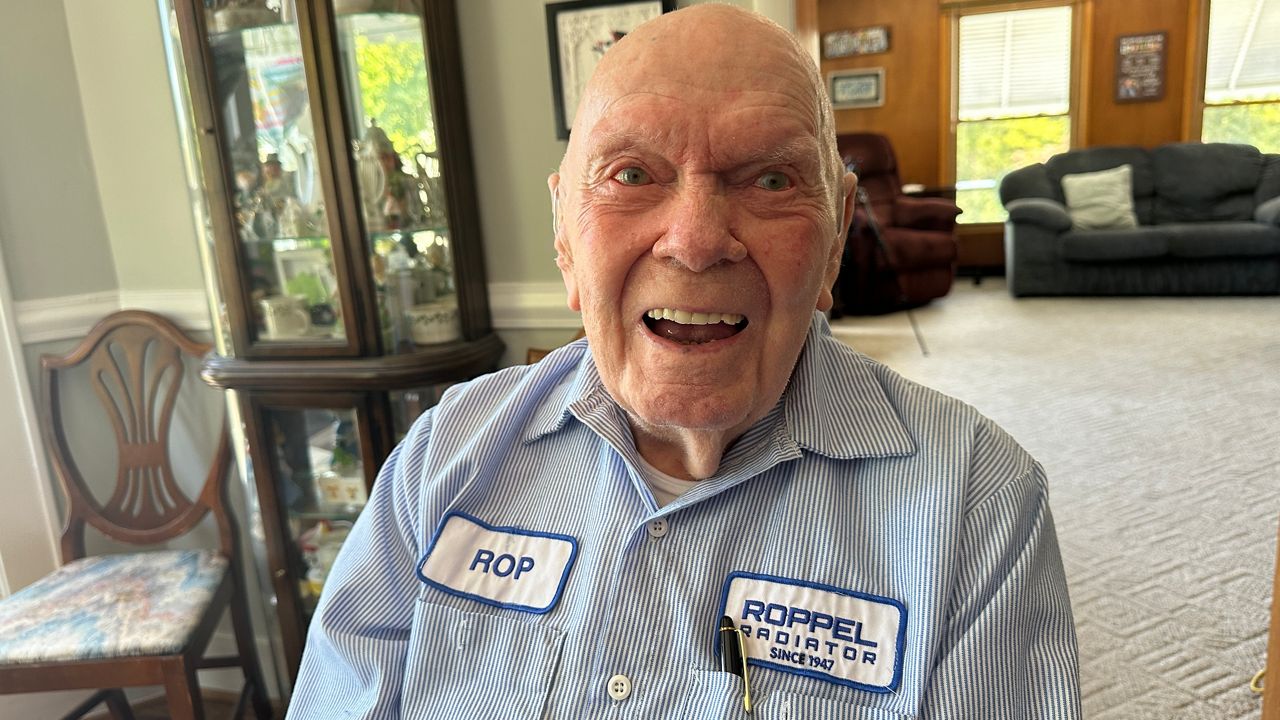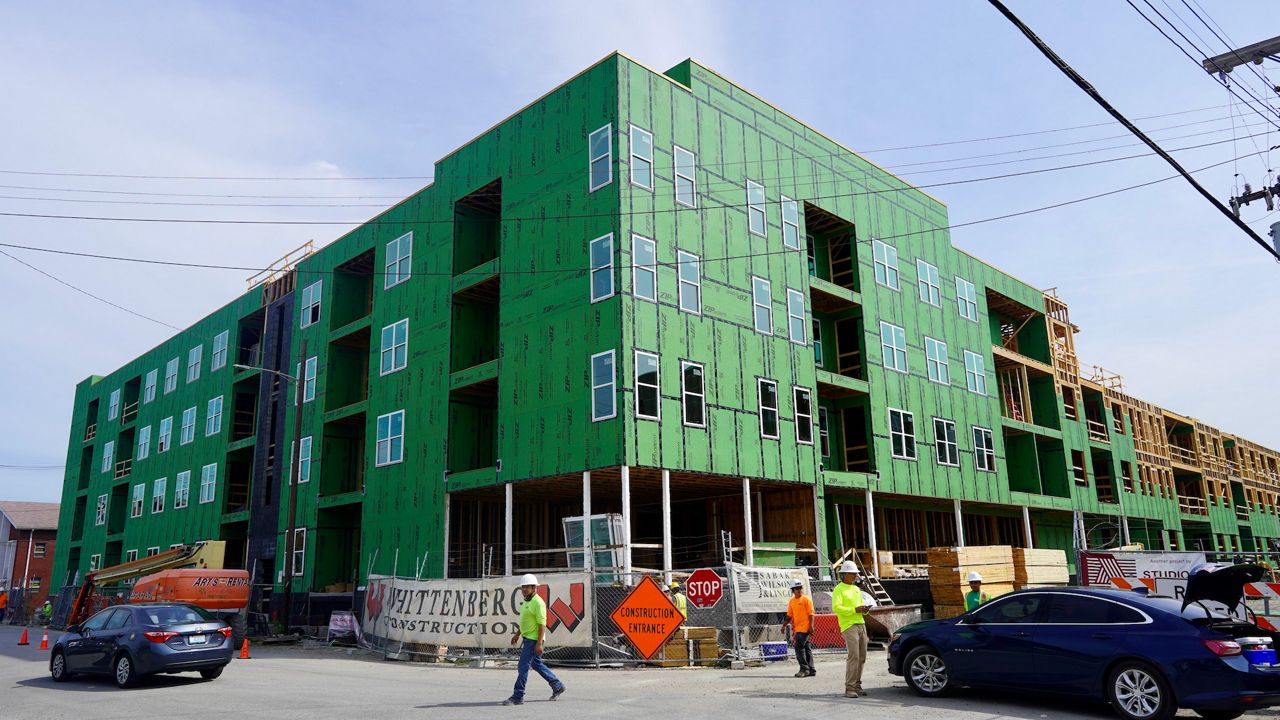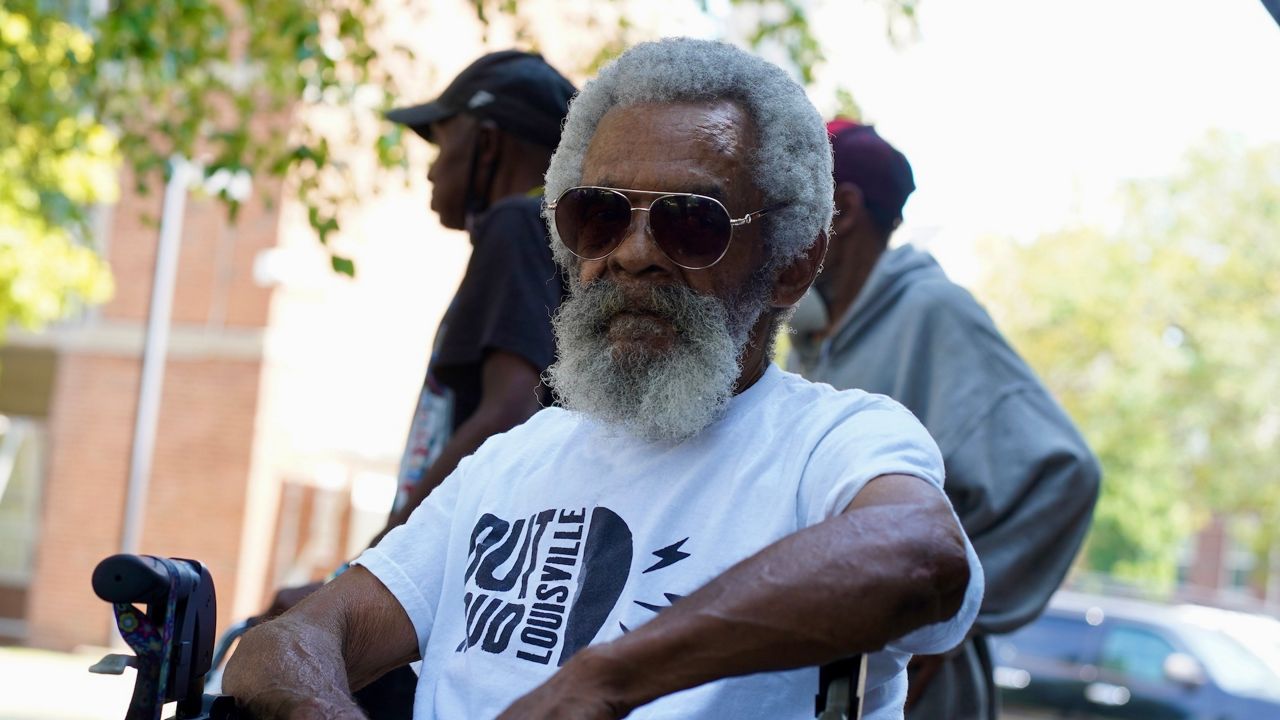LOUISVILLE, Ky. — Members of VOCAL-KY are continuing to shine a light on Kentucky’s struggles with overdose deaths and homelessness, imploring local and state leaders to offer more help to vulnerable communities.
“We want to save lives because we know that nothing works on the dead,” said Louisville Metro Councilwoman Shameka Parrish-Wright, D-District 3.
Parrish-Wright drew attention to a new law making it illegal to camp or sleep in public places: the recently enacted House Bill 5, also known as the "Safer Kentucky Act."
"We have law enforcement that’s connecting people to services and care," Parrish-Wright said. "That is a great part of their work they should do, but the aggressiveness in the way that law enforcement has been using to target people, we cannot watch that happen."
However, the office of Mayor Craig Greenberg, D-Louisville, said it disagrees with Wright’s claim that officers are policing the homeless for camping. It said the Louisville Metro Police Department has made four arrests since July 15, when the "Safer Kentucky Act" took effect: two individuals evading police, along with two others for not complying with officer instructions.
Greenberg’s office added all four had been offered referrals to treatment and transportation to a low-barrier shelter.
“Metro’s Homeless Services team continues to provide outreach to people experiencing homelessness every day, offering referrals to treatment and transportation to emergency shelters," Greenberg's office said. "If someone continues to block access to sidewalks, bus stops and other public spaces, or attempts to run from police, LMPD will enforce the law."
VOCAL-KY members are also advocating for the proper use of opioid abatement or settlement money, totaling tens of millions of dollars for Louisville alone.
“We need to make sure our local government, those who are in charge of that funding, makes sure it gets closest to the ground as possible,” Parrish-Wright said.










